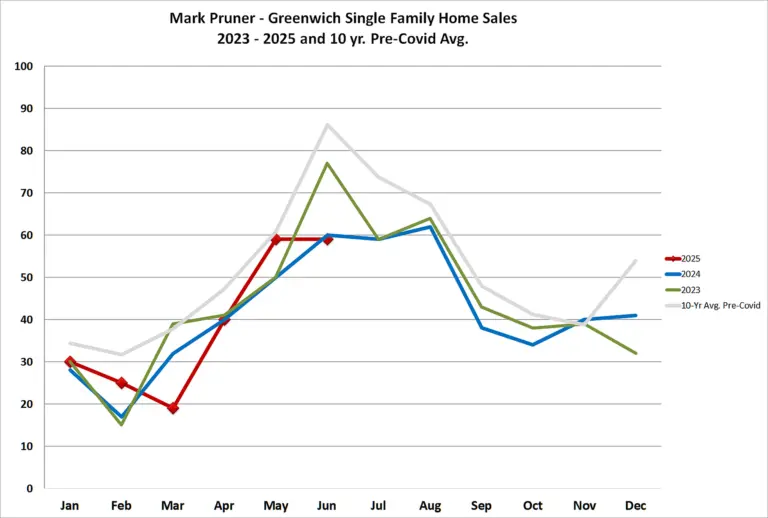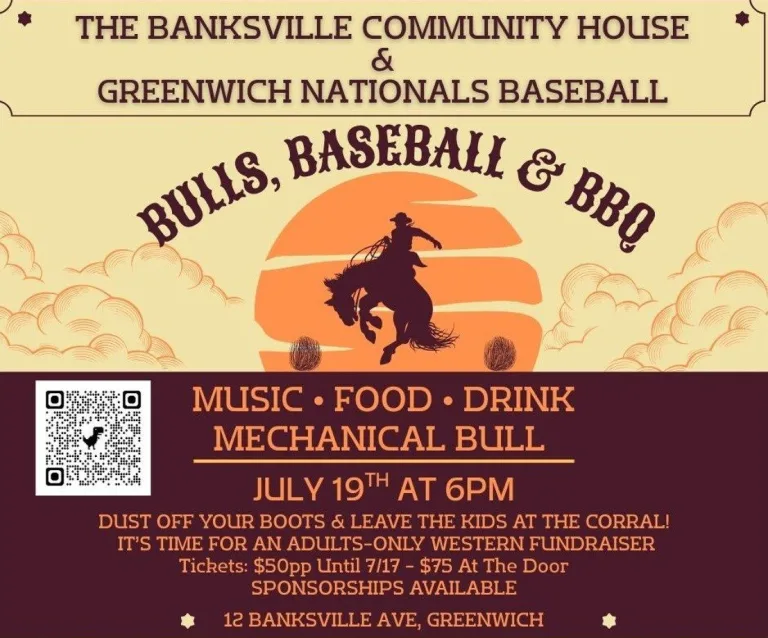By Drew Williams
Sentinel Columnist
Pain can take your mind and heart to some desperate places. Last week, I shared with you that over the course of a prolonged period of sickness, there have been times when I have been tempted to wonder what I did wrong. Am I out of favor with God? Have I exhausted His mercy? Did I trespass somewhere along the lines and cross into a place I can’t come back from?
I have been re-reading the Old Testament book of 1 Samuel and, by the grace of God, I discovered another unlikely hero by the name of Mephibosheth whose story speaks directly to my groundless fears, and evidences the unquenchable grace and mercy of God. Last week, we looked at his ruination and redemption. Today we shall unpack his restoration—with a little twist in the tale at the end.
1. Mephibosheth’s restoration: Mephibosheth (who is severely disabled and has been living in hiding, in fear for his life) is escorted back to King David’s palace in Jerusalem. The last remaining descendant of King Saul, he fears that David will now have him executed. But to his astonishment, David not only spares his life but calls him by name and says to him, “Do not fear, for I will show you kindness for the sake of your father Jonathan, and I will restore to you the land of Saul your father, and you shall eat at my table always” (2 Samuel 9:7).
Mephibosheth has lived almost all his life as an orphan and an outcast. In one miraculous instant, he is now fully restored as David’s son—a prince of Israel! This was not what Mephibosheth expected, having lived so far from Jerusalem in a place devoid of blessing. Amazingly, he is now granted perpetual fellowship and communion with the king. He can hardly take it in—a man who has lived with shame all of his life now sits at the king’s table! He is still lame in both his feet, but what he perceived to be to his shame is now covered under David’s table.
What was Mephibosheth’s part in all of this? There is no evidence that he somehow “qualified” for this restoration. No heroic actions, brilliance of mind, deeds done or money paid. It was simply sheer mercy of the sovereign, only to be received in all humility and gratitude.
The proof of his reception of the king’s mercy was evident in Mephibosheth’s confession of his own unworthiness. He says, “What is your servant, that you should show regard for a dead dog such as I?” (2 Samuel 9:8). He knew there was no inherent virtue, no redeeming feature that in any way made him worthy of such an astounding work of restoration. No, Mephibosheth’s part was just to know his very real need of mercy, and then to receive it.
It struck me that God’s heart has not changed toward any of us since that story was penned. All God asks of any of us is to receive His son. John would reassure us, “But to all who did receive Him, who believed in His name, He gave the right to become children of God, who were born, not of blood nor of the will of the flesh nor of the will of man, but of God” (John 1:12-13).
But the story doesn’t end here. A further encounter with shame and grace is in the offing…
2. Mephibosheth’s fall: It is not quite clear how it happened, but it’s likely that Mephibosheth was tricked into appearing to take sides against the very king who so graciously redeemed and restored him. Needless to say, Mephibosheth finds himself in the wrong place at the wrong time, and ends up on the side of a rebellion against David. The rebellion is eventually crushed, but now Mephibosheth must face David. Believing that this must surely be the time when David’s mercy runs dry, Mephibosheth accepts the inevitable and says to David, “…my lord the king is like the angel of God; do therefore what seems good to you. For all my father’s house were but men doomed to death before my lord the king, but you set your servant among those who eat at your table. What further right have I, then, to cry to the king?” (2 Samuel 19:27-28)
Imagine his astonishment as the king looks him right in the eye and says to him, “Why speak any more of your affairs?” Meaning, “Case dismissed!” And then he goes on to restore a portion of land to him (2 Samuel 19:29). In other words, David is saying, “Whatever has or has not taken place, Mephibosheth, my love covers all your sins. My love does not run dry. Mephibosheth, there is no end to the mercy I have shown you.”
This story is a remarkable portrait of God’s heart through his servant, David. It is the same heart that brought Jesus willingly to the cross in fulfillment of the new covenant for all our sakes. Paul says it succinctly: “But now in Christ Jesus you who once were far off have been brought near by the blood of Christ” (Ephesians 2:13).
This is the love of God that daily pursues us. It is this love that redeems us and restores us, time and time again, so that today we may know the place that He has set for us at His eternal banqueting table.
The Rev’d Drew Williams, Senior Pastor of Trinity Church, has been living with severe, debilitating chronic pain for more than three years. He knows the desperation that comes with wondering if he would ever be pain free. At the same time, he shares, “By the grace of God, that desperation has also brought an increased intensity and honesty, as well as a deeper intimacy, in my relationship with God.” He now shares something of his struggle in a series of devotional writings for the Greenwich Sentinel. One of the more perplexing features of the past three-year saga around my health has been the ongoing battle between hope and disappointment.





